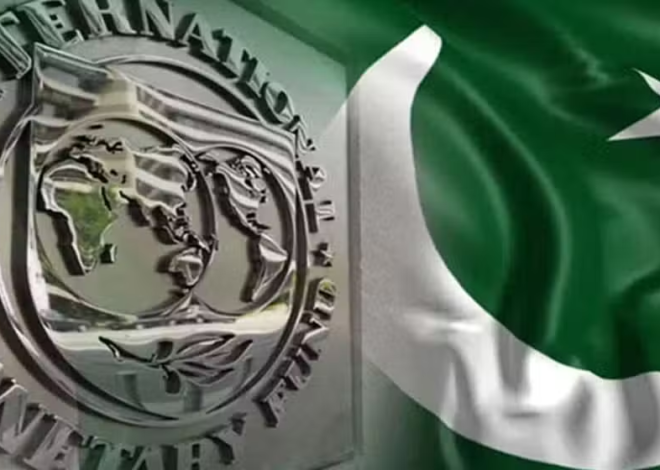
U.S. Secretary of State Marco Rubio Calls Pakistan’s COAS Asim Munir, Urges India-Pakistan De-escalation
In a significant diplomatic development, U.S. Secretary of State Marco Rubio engaged in a direct conversation with Pakistan’s Chief of Army Staff (COAS) General Asim Munir on May 10, 2025, urging both India and Pakistan to de-escalate their ongoing military confrontation. This call comes amid the most intense hostilities between the two nuclear-armed neighbors since the 1999 Kargil conflict.
Background of the Escalation
The current crisis was ignited by a terrorist attack on April 22, 2025, in Pahalgam, Indian-administered Jammu and Kashmir, which resulted in the deaths of 26 Hindu tourists. India accused Pakistan-based militants of orchestrating the attack, leading to India’s missile strikes on May 7, 2025, targeting what it described as terrorist infrastructure in Pakistan. Pakistan denied involvement and launched retaliatory strikes, marking a significant escalation in hostilities.
The military exchanges have resulted in over 60 fatalities, including at least 13 civilians in Pakistani-administered Kashmir. Both nations have mobilized troops and closed airspace, raising fears of a broader conflict .
U.S. Diplomatic Intervention
Secretary of State Marco Rubio’s call to General Asim Munir underscores the United States’ concern over the escalating tensions. Rubio emphasized the importance of direct communication between India and Pakistan to prevent further miscalculations and potential conflict. He urged both sides to exercise restraint and explore avenues for dialogue to de-escalate the situation.
The U.S. has been actively engaging with both governments, alongside other international actors such as China, Saudi Arabia, and Turkey, to mediate and encourage a return to diplomatic discussions .
Pakistan’s Response To U.S
Pakistan’s Foreign Minister Mohammad Ishaq Dar expressed conditional restraint, indicating a willingness to de-escalate if India reciprocates. However, Pakistan has also emphasized the need for neutral mediation in any bilateral talks, reflecting a cautious approach to direct dialogue without third-party involvement .
International Call for Restraint
The international community has voiced strong concerns over the potential for further escalation. The G7 nations, China, Saudi Arabia, and Turkey have all called for restraint and offered mediation services. Both India and Pakistan have stated they are open to de-escalation if the other side reciprocates, but the situation remains volatile, with ongoing military exchanges and civilian casualties .
Conclusion U.S
Secretary of State Marco Rubio’s engagement with General Asim Munir highlights the United States’ commitment to preventing further escalation between India and Pakistan. While both nations have expressed a willingness to de-escalate, the path to peace remains fraught with challenges. Continued diplomatic efforts, including those by the U.S. and other international actors, will be crucial in facilitating dialogue and reducing tensions in the region.







